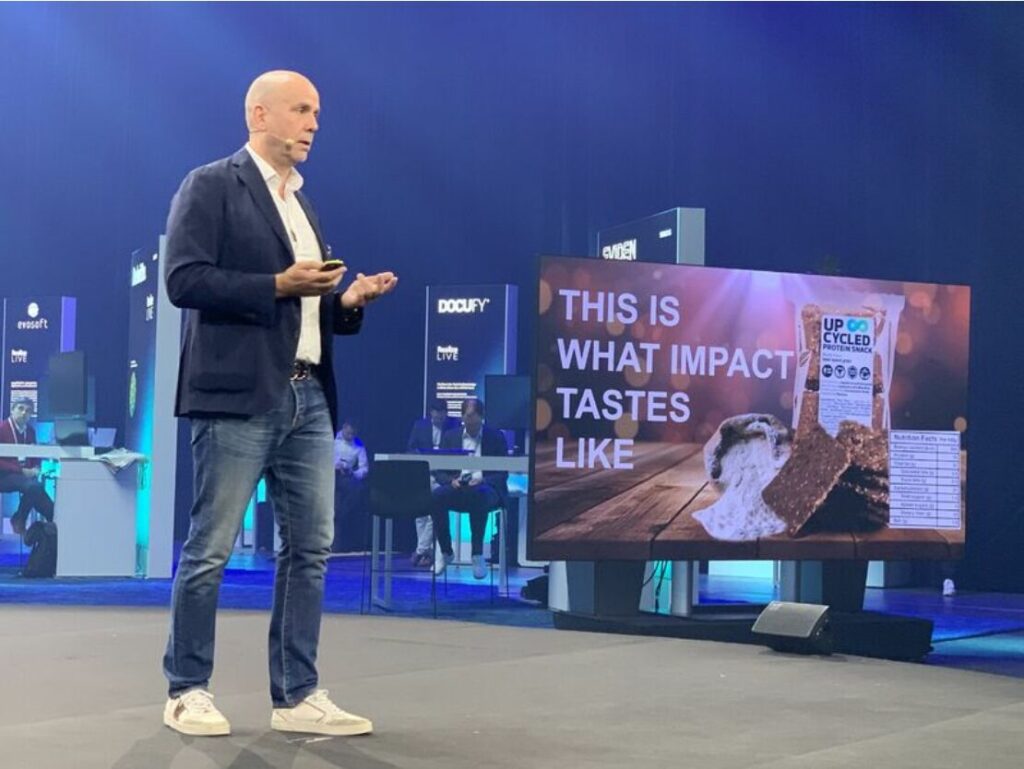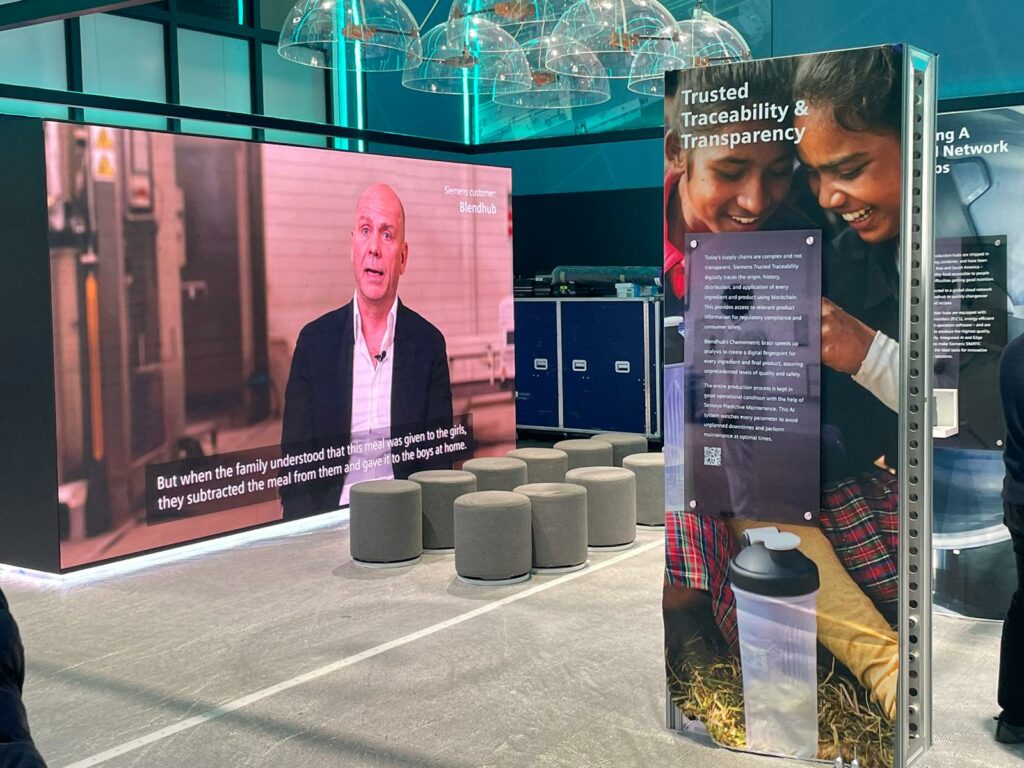Due to a worldwide fragmented food supply chain, food manufacturers have to deal with countless risks that impact the final price of food products. Therefore, attaining more relevant and precise information to optimize food production is a key technological challenge for increasing access to food in a situation of growing population with a large number of people suffering malnutrition or hunger.
In agri-food production, big data systems are considered one of the upcoming revolutions. At the moment, many of the efforts seem focused upstream on the supply chain in the so-called ‘precision farming’. But the handling of large volumes of data to take informed decisions can also make a huge difference on food final prices in some other processes along the agri-food value chain. In food powder blends production, for instance, searching out the best raw materials and the perfect location to process them and deliver the final products leads to a meaningful reduction in operational costs and risks – impacting foods’ final prices.
Likewise, data systems are also fundamental for ensuring the safety, quality and transparency of such products traditionally delivered under black-box systems.
Since the launch of our service model for Food Powder Blends Anywhere, Blendhub can develop specific projects for different types of food companies operating in the agri-food value chain using our “Portable Powder Blending” factory, PPB, to produce anywhere in the world.
Uncertainty and the access to ingredients that only grow in specific areas are some of the realities that face food manufacturers. Then, you need to add the transport costs of these products and those processed, tariffs, inventory costs… Information systems are an indispensable tool at this level of the agri-food value chain to determine the best location for producing with the minimum cost and risk.
Using our PPB to produce in this best location with our cloud quality control system, with a library of thousands of products, means the possibility of opening up new opportunities producing high quality and low cost-per-kilo powder blends, with a minimal financial and operational risk. Making use of local raw materials, meeting the demand of food where it is or reducing the production costs of food products optimizing the supply chain.



